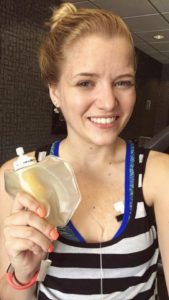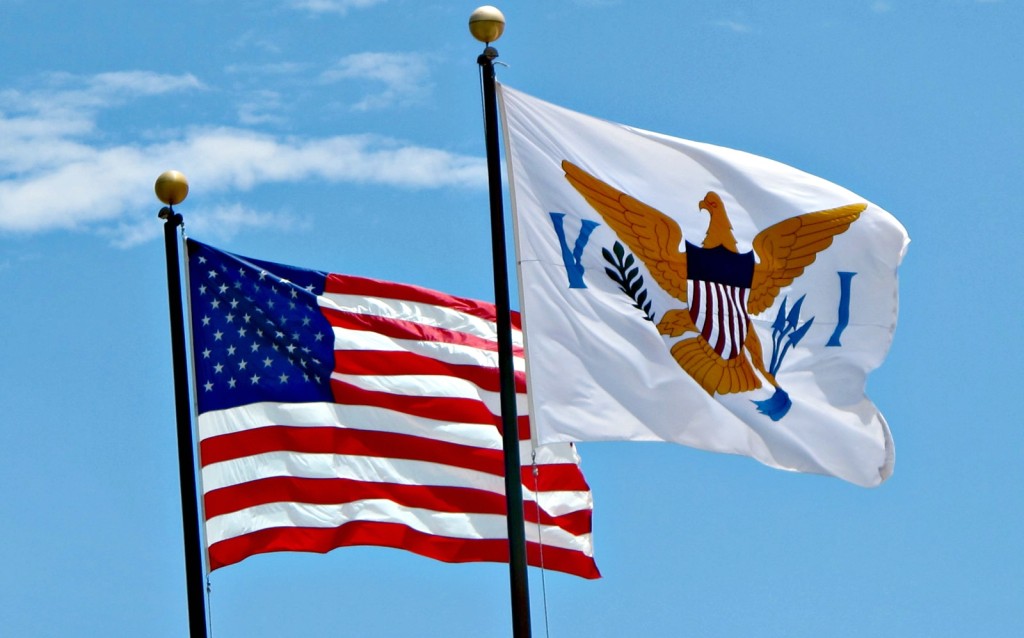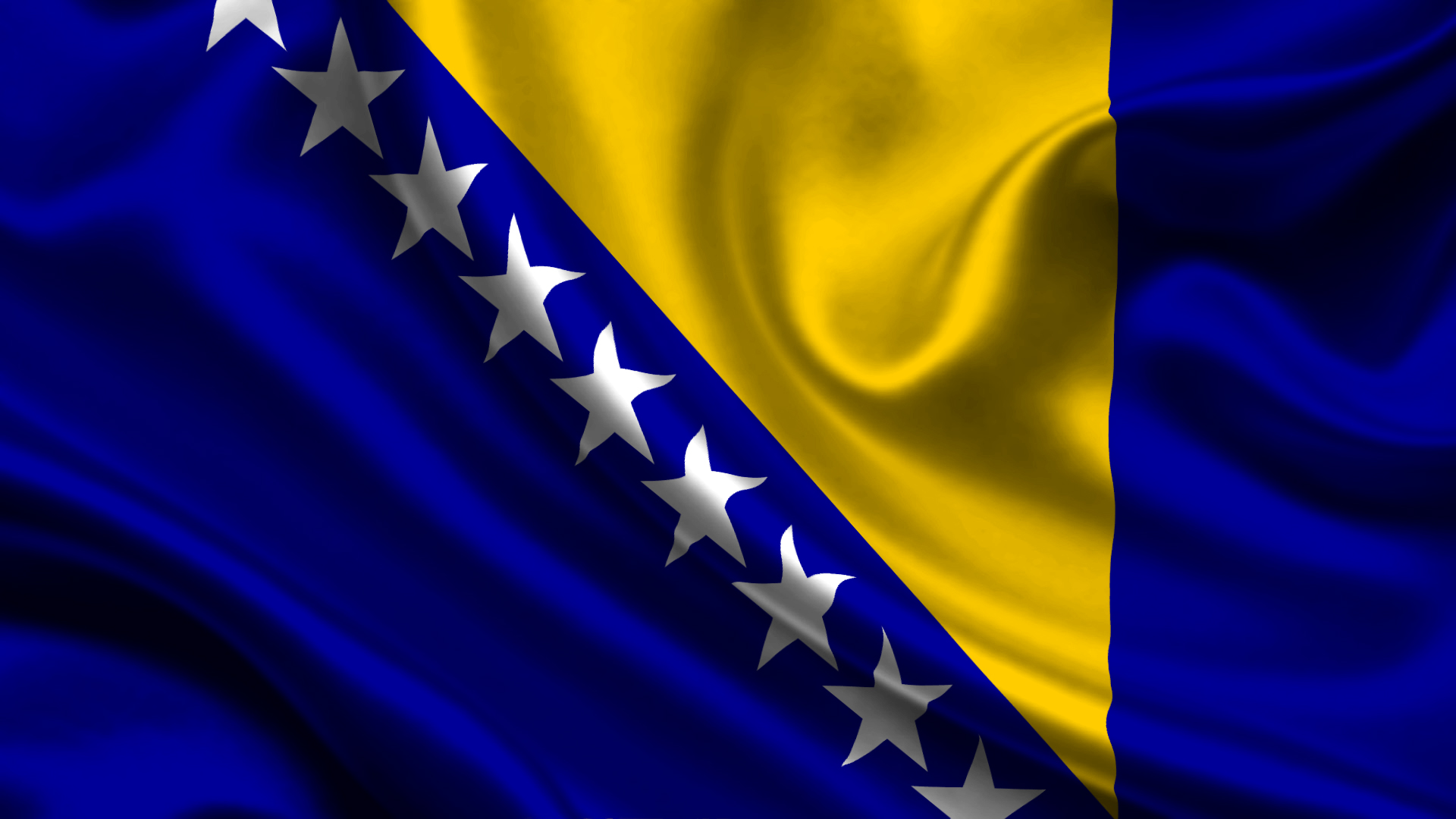Here we are, back home in the United States. I hope this blog post is really as informative for our international followers as it is for people living across the US. I think it would be irresponsible of me to say that two interviews could represent the feelings of all the people living with CF in the country, so I will say this, I aimed to find two people that were in different age ranges, regions and paths through life.
Ultimately, I think this post specifically should serve as a starting point for our evolving discussion relative to international healthcare and the cystic fibrosis “patient” experience.
Since starting this project, I have made quite a few contacts across the globe and will be featuring their interviews a little later this summer, but as for now we will meet Jillian and an anonymous adult woman living with CF in the United States. The anonymous interview will be in RED font.
Norfolk, Virginia, United States of America, Jillian Goodwin, 25 years old living with cystic fibrosis.
United States of America, Anonymous adult woman living with cystic fibrosis.
- About how many people in your country have cystic fibrosis?
30,000
30-35,000 depending on who you ask.
- Do people in your country know what CF is?
I would say the average adult has heard of it but has very little specific knowledge.
I think most people in the US have heard of the disease, but I don’t think the average person on the street knows exactly what the disease is / what it involves.
- When were you diagnosed? Why were you tested?
3 months old. I was born premature and at a low birth weight, but I struggled to gain weight and was a very sick/unhappy. Colicky, lethargic, etc. I am the fourth child in my family and my mom is a doctor, so she knew something wasn’t right. She insisted that my pediatricians start evaluating me. I was initially diagnosed as failure to thrive and put on a very high calorie formula, but I was still not gaining weight. At the time, I was actually living overseas in Okinawa, Japan because my parents were stationed there with the US military. Okinawa is a very small island and the Navy hospital didn’t have the capability or specialists to deal with such a sick baby, so I was sent to San Diego, California for additional testing. I was diagnosed by a sweat tests at 3 months old and then followed up with genetic blood tests that confirmed I was homozygous for DeltaF508.
I was diagnosed at 6 months of age – I was losing a lot of weight (failure to thrive) and developed pneumonia.
- Were you encouraged to be open about your CF? Do your friends and family know that you have CF?
Yes, my mom always encouraged me to be open about my CF when it was relevant. My family all knows and as a child, my friends, teachers, coaches etc did too. As I’ve gotten older, I have sometimes been more selective with who I tell, but only in the initial stages of our friendship/relationship. I don’t feel as those I hide it in any way, I just prefer for it to be something I get to choose when it’s shared rather than it being one of the first thing someone knows about me.
Yes I was always encouraged to be open about CF – friends, family, school, employers (after I get the job). Everyone. I just don’t like keeping secrets and I don’t feel like I’m myself if I hide this part of my life.
- Does your insurance/healthcare cover costs? Does it fully cover all medications and treatments available to patients with CF? Does the government provide your healthcare or is insurance offered privately?
Currently, I am a dependent on my dad’s insurance. He is retired from the US Military and is eligible to continue their military health insurance program, Tricare. So it is technically provided by “government” but it’s not a nationalized healthcare program as only those in the military or their dependents are eligible. Tricare covers nearly all of my medications, treatments and costs. Certainly 100% coverage on the items considered standard of care. Occasionally they will choose not to cover “non-traditional” treatments. For example, I have a VEST system that they paid in full, but when I requested the newer, Vibralung system, they denied it claiming the VEST is adequate. I pay a monthly premium of around $300 to have this insurance and am eligible for it until age 26. Then I will be transitioning to some form of individual private insurance.
Insurance covers some of my costs (usually around 60-80% of the contracted rate) – I have private health insurance. There is some paperwork involved, but all my medications, medical devices and hospitalizations are covered. For medications, the portion that isn’t covered by my insurance, that portion is often taken care of by the drug manufacturer, if it’s a non-generic medication. For those who are deemed disabled, federal health insurance (Medicare) covers usually around 80% of healthcare costs as well. Those who are poor pay little for their care, including medications.
- Do you have access to drug studies/trials? Do you have access to new medications?
At the present time, I don’t have access to studies or trials because I do not live close enough to a major medical center that holds them. If I were to relocate though, I would have full access to participate. I do have access to any and all new medications through either my local military hospital or mail order specialty pharmacies.
Yes, I have access to clinical trials in my CF center and many CF centers around the US are heavily involved in clinical trials and drug development. In terms of new medications, If we are a candidate (for example, for studied genetic mutations for Kalydeco or Orkambi) we get access. If cost is an issue, the drug manufacturers will assist with cost – any patient qualifies for these medications will get the medication one way or another. This is either through insurance, co-pay assistance, or compassionate care from the manufacturer.
- Who is on your CF care team? (Doctors, nurses, etc.)
I regularly see a pulmonologist, endocrinologist, respiratory therapist, dietician, social worker, RN or LPN, and the clinic coordinator. Gastroenterologist or surgeons as needed.
This can vary a little bit across the US, but at my CF Center I have doctors, a nurse practitioner (a nurse who has had extra education and is allowed to prescribe medication), registered nurses, a pharmacist, a respiratory therapist (this is a recent addition to our clinic), social workers, a dietician, a research coordinator (involved in organizing and executing clinical trials) and an occupational therapist.
- How far away is your CF clinic? Is there a difference between adult/child clinic/care for CF?
15 minutes. Until recently all patients were seen by the child CF team which had a pediatric pulmonologist and that was it. In 2015, they decided to create a more defined adult CF team. They brought in adult pulmonologists to work alongside the pediatric doctors and over the course of about 12 months, transferred any patients over age 18 to the adult team. Now I am seen by the adult doctors, but the remainder of my CF team is the pediatric team (same nurses, RT, dietician, etc). The adult doctors work very closely with the peds (pediatric) doctor that saw me previously.
I live in a large city, so my CF adult clinic is only 15 miles away. But this isn’t always the case across the US – some cities and states that are less densely populated may require patients to drive many hours to reach a CF center. Most centers around the US are differentiated between adult and pediatric care, except for smaller population CF centers which combine the two. There are more CFer’s over the age of 18 than under the age of 18 in the US, so adult clinics keep growing in census.
- How often do you go to the doctor (non-emergency)? Is it easy to get an appointment? What do you do in case of emergency?
Every 2-3 months. Getting an appointment is relatively easy, I just called to schedule it with the clinic coordinator. They only see adult patients two days a month though, so sometime you have to wait longer than expected. In the event of an emergency, I have a pager number I can call and a staff pulmonologist from the hospital will respond immediately. This may not necessarily be my CF doctor, but is a pulmonologist that can assist by phone, or can instruct me to go to the hospital ER where my CF doctor will meet me. If I can’t reach a doctor by phone, I would just go directly to the emergency room.
As long as I’m healthy, I will see the doctor usually every 3 months – but as I’ve gotten older and a bit more sick it’s more around every 1-2 months. It can sometimes be challenging to get an appointment if I have a concern that needs to be addressed (they might make me wait 2-3 weeks) but if it’s urgent, the doctor can usually see me in a few days. For an emergency, I go to a local emergency room and / or contact the pulmonologist “on call” at my CF center. I can be admitted to my CF center’s hospital nearly anytime day or night for a true emergency (hemoptysis that won’t stop, for example).
- If you need IV antibiotics, can you do them at home or do you need to stay in the hospital?
I can and prefer to do my IV antibiotics at home. I have a mediport and use a home nursing company to do outpatient IV therapies when needed. When I was younger, my doctors preferred that I stay at the hospital during IVs but it was also to ensure I did my respiratory treatments 4-5x a day. Now I am able to diligently self-manage and do the RT without the need for staying at the hospital.
This can really vary at my center and from what I’ve heard; my center is a bit of an outlier from the rest of the US. My physician likes to have patients in the hospital if at all possible to monitor compliance. I am a very compliant patient and he knows he can trust me, so typically I spend the first few days in the hospital and finish the remainder of the treatment at home on IVs. My situation can be tricky, however, because I cough up blood often so we may need to keep me for observation in the hospital longer. Most CF centers across the US use home IVs more than my center, and in fact, private insurance companies are pushing doctors to discharge patients from the hospital sooner (so patients can complete IV course at home) because it saves them money. That’s a win/win in my opinion!
- Is the Vest a typical treatment option? What other treatments are common in your area? Which are not?
Yes, I do the Vest 2x a day normally and up to 5x a day when sick. Other common treatments for myself and many of my peers included nebulizers (bronchodilators, mucus thinners and inhaled antibiotics), enzymes therapy, vitamins, antacids, allergy or sinus medicines, feeding tubes/nutritional supplement and insulin therapy for CFRD.
The vest is highly typical in the US – in fact, there are 3+ companies that make their own version. Flutter valve, PEP, CPT, Acapella, are all also common, but I think the vest is still the most common. CPT isn’t as common as other areas of the world, I don’t think.
- Are you encouraged to exercise? Specific?
Yes, my doctors have always encouraged physical activity, especially aerobic exercise that would work my heart and lungs. Several doctors have also encouraged weight training/resistance that would strengthen my core muscles (abs, chest, back).
Very much so – any type of exercise is encouraged. Team sports, individual sports, gym workouts (cardio and weightlifting) are all highly encouraged. We even have a CF only gym in our CF center hospital for those who are inpatient to keep up their physical fitness. No specific exercise regime is necessarily prescribed, other than general encouragement to stay active to improve lung health and FEV1. Pulmonary rehab is sometimes offered to those with end stage lung disease.
- What CF specific medications/therapies have been developed in your country? Does your country promote new drugs?
Pulmozyme, TOBI/TOBI Podhaler, Cayston, Kalydeco and Orkambi are the first ones that come to mind. Drug companies and the national CF foundation are strong advocates for the use of new CF specific drugs. Fellow patients as well, but there is nothing on a governmental level that encourages drug development or use.
I think the most impressive CF drugs developed in the US are Orkambi and Kalydeco. They were developed by Vertex and the US Cystic Fibrosis Foundation via an amazing, innovative drug development model called venture philanthropy. I do recognize that patients around the world were involved in the clinical trials for the drug of course. The vest (not a drug) was developed in Minnesota in the US. Pulmozyme, the first drug developed specifically for cystic fibrosis, was developed by Genentech (before they were acquired by Novartis) in California. Cayston was developed by Gilead in California. My country absolutely promotes the development and use of new drugs, including participating in clinical trials and fundraising for the US Cystic Fibrosis Foundation who partners with industry to develop new medications.
- What role does nutrition play in your CF care? Do you have a feeding tube? Do you have CFRD (diabetes)?
Nutrition has always been one of my biggest struggles and a huge focus on my care team. They believe the better my nutrition, the better my lungs will be. Every appointment includes me talking to a nutritionist or dietician about what’s working, what’s not working and what new options are for gaining and maintaining weight. I do have a feeding tube and CF diabetes, 10+ years each.
Nutrition is a big part of CF care. Although I don’t have a feeding tube, I do have CFRD (since 2012). I was also so fearful of CFRD because I hate blood and the thought of having to check my blood sugar a bunch of times a day was just awful. So funny that what we fear rarely turns out to be as bad as we think it will be. CFRD is by far the easiest part of managing CF (thanks to the support of good doctors as well as fellow CFer’s). CF physicians place a good deal of emphasis on nutrition leading to good FEV1, and I know often feeding tubes are given to patients to aggressively improve nutritional status. Like many CFer’s in their 30s and 40s in the US, I was raised to eat anything and everything for calories to keep weight on; but as I get older, I’m experimenting more with how much sugar and refined carbohydrates make me feel. Spoiler alert: I have a lot more energy when I don’t eat those.
- What do you wish could be better about your nation’s care for CF patients?
The transition to adult care has not been easy for me and I would say that most of my peer have experiences similar struggles. While my pulmonologist may be familiar with CF, I have found that many other medical professionals treating adults, namely the inpatient nurses and staff, don’t really know what CF is or how to treat it. As a whole, I wish US healthcare could focus more on educating medical providers to treat adults with this disease and not just children. Insurance is also a huge struggle because of the costs. Specialty medications are necessary and not all plans cover these as full costs so patients end up with very high co-pays and deductibles.
There is no question that the US needs to work on having more patients have access healthcare. Not just healthcare, but access to good care. In a country with 330 million people, it’s not as easy as it sounds to administer a national insurance (compared to what countries with a small fraction of our population are able to do), but that’s still not an excuse not to keep fighting. Care must be taken, however, to not stifle US CF drug innovation.
- What do you know about CF Lung Transplants?
I know some but not a ton. I recently started the process to be evaluated so I am learning a lot right now. I know that lung transplants are an option for some when their CF reaches “end stage” and traditional CF therapies are no longer sufficient to maintain lung function. It’s a very complex and difficult process and not one to be taken lightly, but can have very positive outcomes because after transplant, your lungs are “free” from CF.
Lung transplants are available in the US, but organ donation rates are unfortunately low and CFer’s die while waiting for organs. Allocation of available organs is also controversial in the US. Nationwide, the average life expectancy of a lung transplant recipient (this # includes all transplant recipients, including those with CF, COPD, idiopathic pulmonary fibrosis) is 5 years. The CF Foundation is taking increased interest in understanding lung transplantation standardization nationwide and supporting improved outcomes.
- Did you go to college/university or advance your education elsewhere (Or plan to go to college/university)? Were you encouraged?
Yes, I graduated with my bachelor’s degree in 2015. College was something that I was very determined to do and my family/friends/doctors were all very supportive and encouraging or that choice.
Yes I went to undergrad as well as graduate school. Getting my graduate degree was one of the most difficult things I ever did, but it also the one of the most rewarding. My goal was to maintain my health while getting the degree – what good is a degree if I didn’t have my health? With a ton of support from friends, family and classmates, I’m proud to say, somehow, I did it. My physician, family and friends absolutely encouraged me to pursue education in whatever size, shape or form I desired – and I’m so very grateful for their support. I think this is pretty standard throughout the US.
- What is the National CF Foundation (if there is one)? Does this Foundation (if there is one) provide assistance in every day life and education? (example: scholarships, transplant aid, educational materials, etc.)
The Cystic Fibrosis Foundation is the national leader for cystic fibrosis in the States. Their role is primary focused on fundraising for medical research and drug development as well as general awareness and advocacy. To date, they do not offer financial assistance such as scholarships or transplant aid, but many other smaller foundations exist that do. CFF does have a lot of educational materials and resources and they recently started a new program called COMPASS that offers social, legal and financial advice. CFF also authored and maintains national health guidelines for cystic fibrosis care and provides accreditations/funding to hospital that meet their elevated level of care. For most, being seen by a true “CF Center” rather than just a pulmonologist is considered the only option to ensure a long, health life.
The CF Foundation in the US has been around since the 1950s. It provides accreditation to a nationwide network of CF care centers, provides educational resources for patients and families, assistance navigating through health care coverage issues, and advocates on behalf of CF patients’ interests to federal and state governments. The CF Foundation has also has a major hand in CF drug development through the venture philanthropy model (an innovative model taught at the prestigious Harvard Business School) with two major proof of concept medications hitting the market in just the past few years: Kalydeco and Orkambi.
- Is there anything else you would like to add? Is there anything specific or unique about CF care in your country compared to the rest of the world that you know of?
Just that my life with CF thus far has been different than most of my friends because I am in the military healthcare system. There’s only six US military hospitals in the world that are considered accredited CF centers so I consider myself pretty lucky to have been able to attend one and receive the level of care I have for such minimal cost. I think as a whole, the United States offers some excellent medical care for CF, just it comes with a price. Some of the new medications, for example, are not available in other countries because the nationalized healthcare system hasn’t justified the expense. Even if someone wanted to buy them out of pocket, they can’t because the government won’t even approve them. Here, nearly anyone genetically qualified is able to get them so long as they can afford the proper insurance to cover them. And for those who can’t afford them, it is my understanding that there are several assistance programs that can be used. I think it’s a double edge sword, to be given access to high quality care with a price tag. I certainly would not want to be in a situation that I had zero access to begin with, but as I approach an age where I have to take full financially responsibility for my CF, I struggle with the fears of what if I can’t afford it.
I think this is a genius project. Differences of care on an international level have been discussed on a one off in different CF online groups and among CF friends, but formally putting together patient experiences is so exciting. No one country is perfect and it’s so exciting to learn from one another. Rising tides lift all boats!






